With Tony Abbott’s stunning election victory, it is time that the Australian media had a comprehensive purging of those within its ranks who have so utterly misread and misrepresented the public mood. Editors and others in charge at the ABC, the Age, the Guardian Australia, the Sydney Morning Herald and elsewhere must immediately set about expunging the army of left-leaning journalists and opinion writers, who so unctuously supported the failed Kevin Rudd and Julia Gillard experiments, and replace them with writers who understand the moral and political superiority of the Coalition.
Of course, we’re just joking. Much as we enjoy pointing out the political prejudices and bias that exist within certain media outlets professing a balanced outlook, the nation would be bereft without the presence of the Mike Carltons, Anne Summers, David Marrs and Lenore Taylors of this world. More importantly, so would the Australian public (well, maybe not Mr Carlton.)
The idea that the media should largely mirror and support the government of the day is, of course, not only nonsensical but the absolute antithesis of a healthy democracy. To think that a change in government should lead to the wholesale sacking of all opinion writers who don’t support the new government is ludicrous.
In the battle of ideas, a lively mainstream paper should provide provocative, sound arguments for points of view from what passes for Left and Right, as well as from writers whose politics are difficult to pigeonhole. Anything less would amount to a cultural landscape as flat and unvaried as the proverbial Australian sheep station.
Yet the idea of purging dissenters from Australian newspapers is precisely what the ABC’s Jon Faine advocated the last time Australia swapped governments.In 2007, following Kevin Rudd’s victory, the Melbourne-based radio broadcaster called for the Australian, the Herald Sun and other right-leaning newspapers to undergo ‘a bit of a rethink’ that might lead to a ‘cleansing process’ of their ‘notorious’ conservative commentators. Those he seemed eager to see marched off to some sort of progressive gulag for reprogramming included Janet Albrechtsen, Mark Steyn and the late Christopher Pearson; undeniably three of the greatest writers to grace not only our pages but other news outlets with their wit, insights and sharp intellect.
‘You have to wonder how they’re quite going to adjust, and cope, and fit in when the people they are so well connected to, are no longer in office,’ opined Mr Faine, presenting not only a flawed argument but a deeply cynical and erroneous view of how those he disagrees with think and act.
As the Wall Street Journal’s James Taranto pointed out at the time, Mr Faine’s comments reflect the difference in criticism of bias between the Left and the Right. ‘Media criticism on the Right usually centres on questions of balance: of opinion masquerading as news, and of opinion on the Right being given short shrift.’ But, argued Mr Taranto: ‘Media criticisms on the Left tends to be more authoritarian: the complaint, as in this case, is that the other side gets a forum at all.’
So unlike Mr. Faine, we will not be calling for the wholesale removal of those journalists who so passionately advocated the return of Mr Rudd and his dysfunctional government, nor of those — far too many to number — who were so scathing in their assessments of the personality and policies of the ‘unelectable’ Tony Abbott.
On the contrary, we look forward to witnessing the contortions the myriad ‘progressive’ commentators in the media will no doubt undertake as they themselves attempt to ‘adjust, and cope, and fit in’ with the new conservative paradigm.
Got something to add? Join the discussion and comment below.
Get 10 issues for just $10
Subscribe to The Spectator Australia today for the next 10 magazine issues, plus full online access, for just $10.
You might disagree with half of it, but you’ll enjoy reading all of it. Try your first month for free, then just $2 a week for the remainder of your first year.


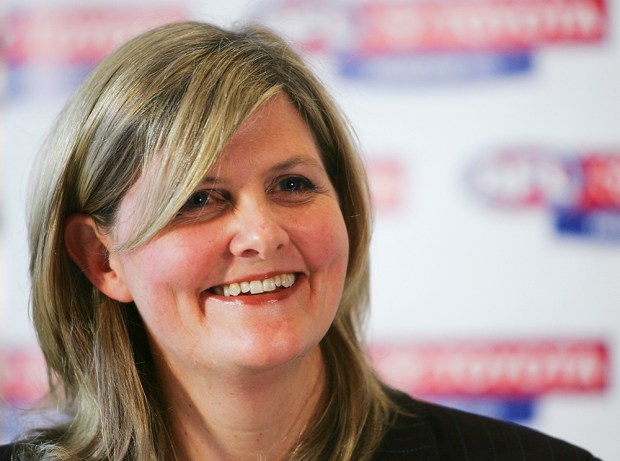

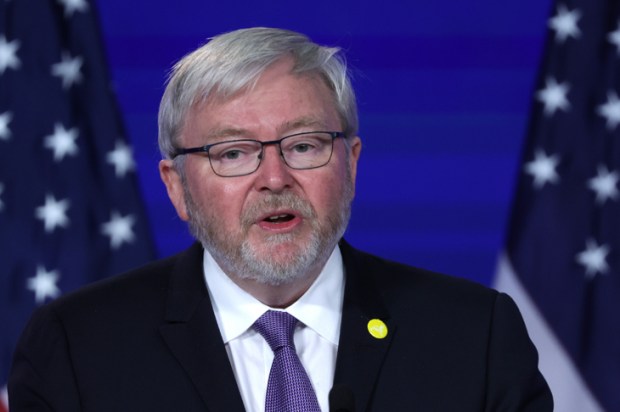
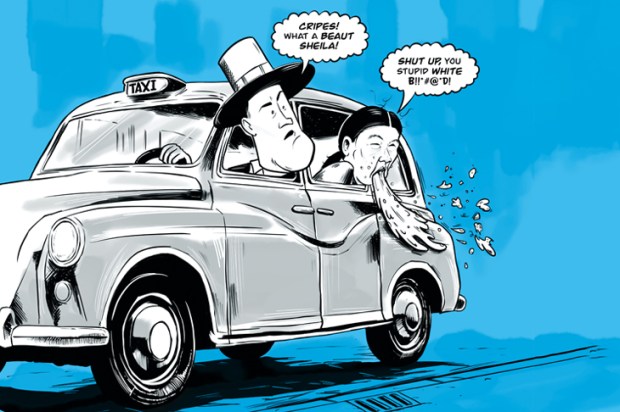
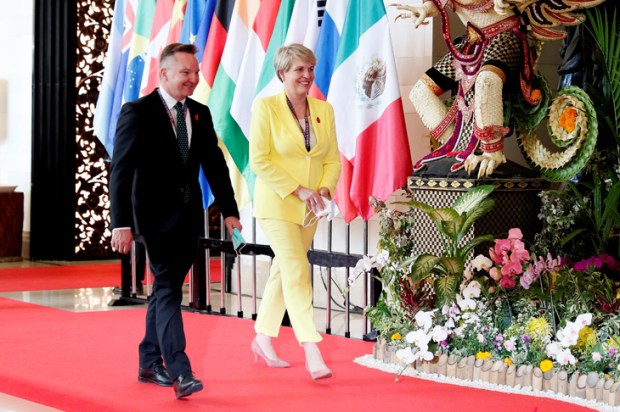
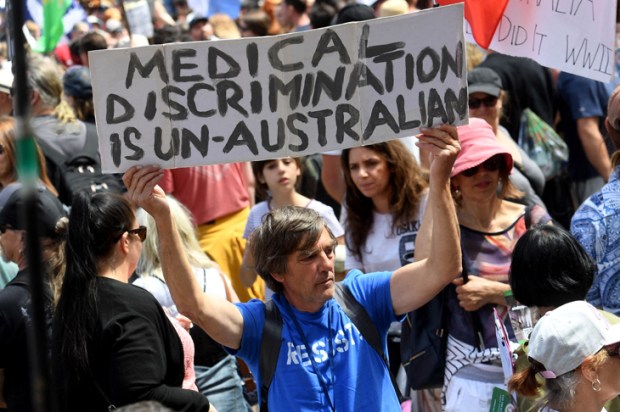






Comments
Don't miss out
Join the conversation with other Spectator Australia readers. Subscribe to leave a comment.
SUBSCRIBEAlready a subscriber? Log in